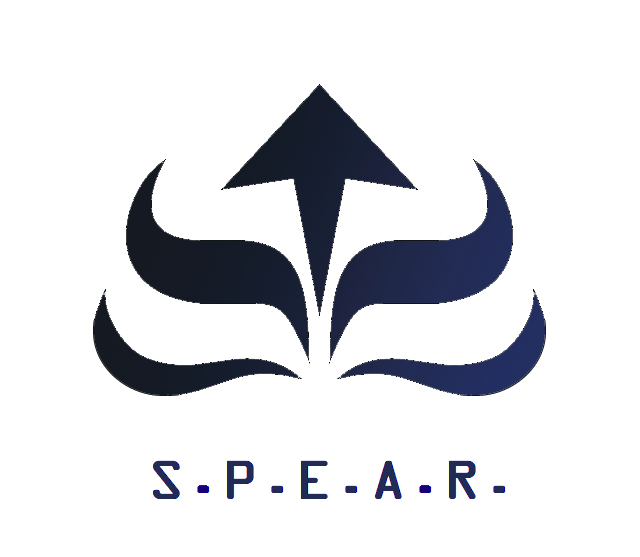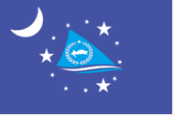
[size=100]The Special Protocol for Economic Alliance Ratification is a Gondwana-based economic bloc that is primarily concerned with the development of individualism and financial independence among its members. Nations that sign the charter are allowed open border access to other countries in SPEAR, as well as a removal of tariffs and taxes on goods imported from or exported to fellow SPEAR members. While SPEAR is vocal in its refusal to include military sections to its charter, members are not forbidden from forming defensive pacts or other agreements on their own.
The social and political center of SPEAR is the Central Protocol Offices located in the Sun District of Syllvan Center, the capitol of Free Syllvin. Reserved exclusively for SPEAR personnel and diplomats, the Office Its spacious facilities host embassy offices for each SPEAR country, conference centers and auditoriums for workshops and presentations, and a central atrium with information kiosks and digital screen displays that advertise products and services from listed member states.
It is in this atrium that you find yourself in today. Will you call for a meeting? Offer your nations skills or resources in service of others? Post a request for advisement on an aspect of your economy? Or perhaps you want to contact a diplomat from another nation directly?
[hr]
There are four current members of SPEAR:
[ul]
[li]Free Syllvin
[li]Zukchiva
[li]Ruseniya
[li]Lapimuyho
Each nation is able to offer a basic array of assistance to other members, including:
[li]Collaborative infrastructure- Nations that are close to each other may choose to link their transportation or energy infrastructure, improving the trade, travel, and relations between them. Nations further away can establish dedication air or sea port facilities, or expand upon existing ones to accommodate increased traffic
[li]Loans- Nations are able to take out loans from the governments or financial institutions of other members. The details of repaying the loan are up to the participants, but if a nation fails to repay several loans, they may become ineligible for more.
[li]Relief aid- Nations can offer expedited aid for members experiencing natural or humanitarian disasters.
Members are also able to offer specialty services and assistance.
Free Syllvin currently offers:
[li]Resource surveys: Specialty teams from the Syllvan Conclave assess the natural wealth of a nation and consult the government on how to use these resources in return for a commission
[li]Military training: SPEAR members may request a battalion of National Special Tactics and Coordination operatives to train a regimental-sized unit from their armed forces.
[li]Stock creation: Syllvan market analysts and corporate executives have volunteered to guide allied countries in setting up publicly traded state enterprises
[li]Manufacturing studies: Industrialists and inventors from SPEAR countries are permitted to travel to Free Syllvin and study Syllvan automated manufacturing techniques, and inspect how locally-made products are designed and produced
[li]Research collaboration: Members of government think-tanks and design bureaus are able to work alongside Syllvan personnel to create joint military, medical, engineering, or digital products.
A list of special services that your nation offers will be added to the selection if you supply one within the atrium.
[/li][/ul][/size]
